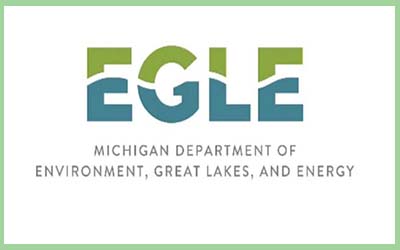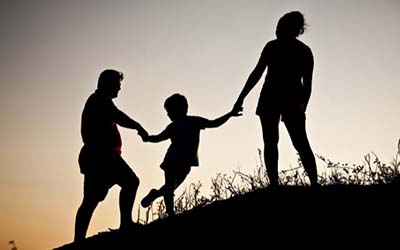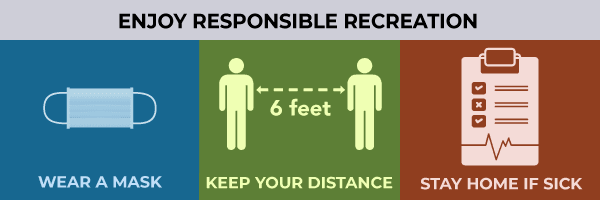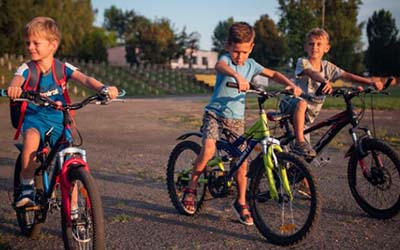
FCC Emergency Broadband Benefit

Orion Neighborhood Televison announced it is working to help build consumer awareness about the Emergency Broadband Benefit, a new Federal Communications Commission (FCC) program. The temporary benefit will help to lower the cost of broadband service for eligible households during the on-going COVID-19 pandemic.
The $3.2B Emergency Broadband Benefit program provides a discount of up to a $50 per month toward broadband service for eligible households and up to $75 per month for qualifying households on qualifying Tribal lands. The benefit also provides up to a $100 per household discount toward a one-time purchase of a computer, laptop, or tablet if the household contributes more than $10 and less than $50 toward the purchase through a participating broadband provider.
A household is eligible if one member of the household meets at least one of the criteria below:
- Has an income that is at or below 135% of the Federal Poverty Guidelines or participates in certain assistance programs, such as SNAP, Medicaid or the FCC’s Lifeline program;
- Approved to receive benefits under the free and reduced-price school lunch program or the school breakfast program, including through the USDA Community Eligibility Provision, in the 2019-2020 or 2020-2021 school year;
- Received a Federal Pell Grant during the current award year;
- Experienced a substantial loss of income through job loss or furlough since February 29, 2020 and the household had a total income in 2020 at or below $99,000 for single filers and $198,000 for joint filers; or
- Meets the eligibility criteria for a participating provider’s existing low-income or COVID-19 program.
Emergency Broadband Benefit enrollment will begin (opened) on May 12, 2021. Eligible households can enroll through a participating broadband provider or directly with the Universal Service Administrative Company (USAC) using an online or mail-in application. Additional information about the Emergency Broadband Benefit is available at www.fcc.gov/broadbandbenefit, or by calling 833-511-0311 between 9 a.m. and 9 p.m. any day of the week








 Want to see more pictures like this, taken by Michigan state parks photo ambassador
Want to see more pictures like this, taken by Michigan state parks photo ambassador  Marshmallows, hot dogs and kebabs are classic fireside fare. Peaches are trending, and there’s no better way to start the day than with a cast-iron skillet breakfast fresh off the fire. We’re talking campfire cooking and bonfire season!
Marshmallows, hot dogs and kebabs are classic fireside fare. Peaches are trending, and there’s no better way to start the day than with a cast-iron skillet breakfast fresh off the fire. We’re talking campfire cooking and bonfire season!
 Smoke on the horizon and flickering flames in the trees are a woodland homeowner’s worst nightmare. With 19.3 million acres of forest land in Michigan, wildfire is a real threat, and DNR firefighters are ready to respond. The department employs about 50 fire officers and more than 330 fire-trained staff overall.
Smoke on the horizon and flickering flames in the trees are a woodland homeowner’s worst nightmare. With 19.3 million acres of forest land in Michigan, wildfire is a real threat, and DNR firefighters are ready to respond. The department employs about 50 fire officers and more than 330 fire-trained staff overall.
 Spring is a popular time to declutter, clean and organize. Unfortunately, many people discard items they no longer need – and their trash – on state-managed land, along the road or even on another person’s private property.
Spring is a popular time to declutter, clean and organize. Unfortunately, many people discard items they no longer need – and their trash – on state-managed land, along the road or even on another person’s private property.



